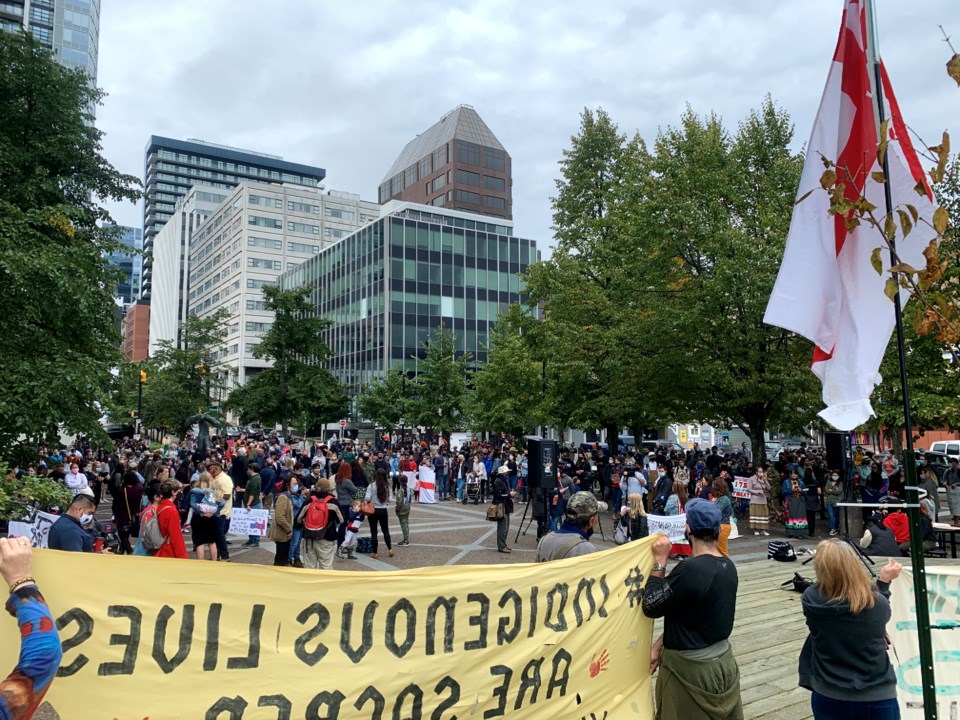BarrieToday welcomes letters to the editor at [email protected]. Please include your daytime phone number and address (for verification of authorship, not publication). The following letter is related to recent developments in Nova Scotia regarding the lobster fishery and the traditional rights of the Mi'kmaw.
********************
The rising tensions in the lobster industry are of concern to all Canadians because of the various issues involved.
The Indigenous First Nations are exercising their treaty right to earn a “moderate livelihood” as determined by a Supreme Court decision in 1999. That right is being contested by non-Indigenous lobster fishers, who are restricted by the federal Ministry of Fisheries and Oceans, which regulates the length of the season for the long-term health of the lobster industry.
Those wanting law and order can't understand why the RCMP don't restore and keep law and order, and they are blaming the federal government. The fact is that the RCMP police the provinces in accordance with policing agreements with each province which dictates the resources provided to each province.
Over-fishing lobster will do exactly what it did to cod fishing industry in Newfoundland.
I (as Solicitor General) was in the Cabinet meeting when former Fisheries and Oceans Minister, the late John Crosbie, announced that the cod fishing industry had to be shut down as a result of over-fishing. He was devastated.
He then flew out to Newfoundland, which he represented, and made the announcement personally. We were all devastated with the enormity of the situation.
My question is: Where do the processing and sales divisions of the lobster industry stand?
Who do the Indigenous lobster fishers sell their catch to? Does the local market sustain all the Indigenous fishers who want to earn a “moderate livelihood?" Where are the rest of the lobster processed for sale?
I believe that economic justice can best be won by free men and women through free enterprise (Jaycee Creed). But over the years, and especially during my years as an elected representative, as a Conservative, supporting free enterprise, I have become skeptical of the support of free enterprise and watched with disgust and annoyance at their reluctance of free enterprise to take a stand.
Sure, they couldn't be more supportive when they are getting government support, but they are nowhere to be found at the first sign of controversy.
What if the lobster processing and sales side of the industry were to say: “We don't want the same thing to happen to the lobster industry as happened to the cod industry off the shores of Newfoundland, and therefore, we will not accept any lobster for processing that are brought to the door of the plant after the federally approved deadline for the season?”
There is another question which the Supreme Court might ask itself during cases deciding treaty rights. What if the Supreme Court had said in their ruling that the treaty in question guaranteed “a right to earn a moderate livelihood, in accordance with the regulations passed by the Parliament of Canada designed to preserve the lobster industry?”
Treaties were made long ago when nobody contemplated over-fishing.
It is all well and good to make profound judgments, but in my opinion they should take better care to make judgments that reflect the times and stand the test of time.
This is the kind of judgment that may force governments to some day invoke the “notwithstanding clause.”
Doug Lewis
Orillia
********************



